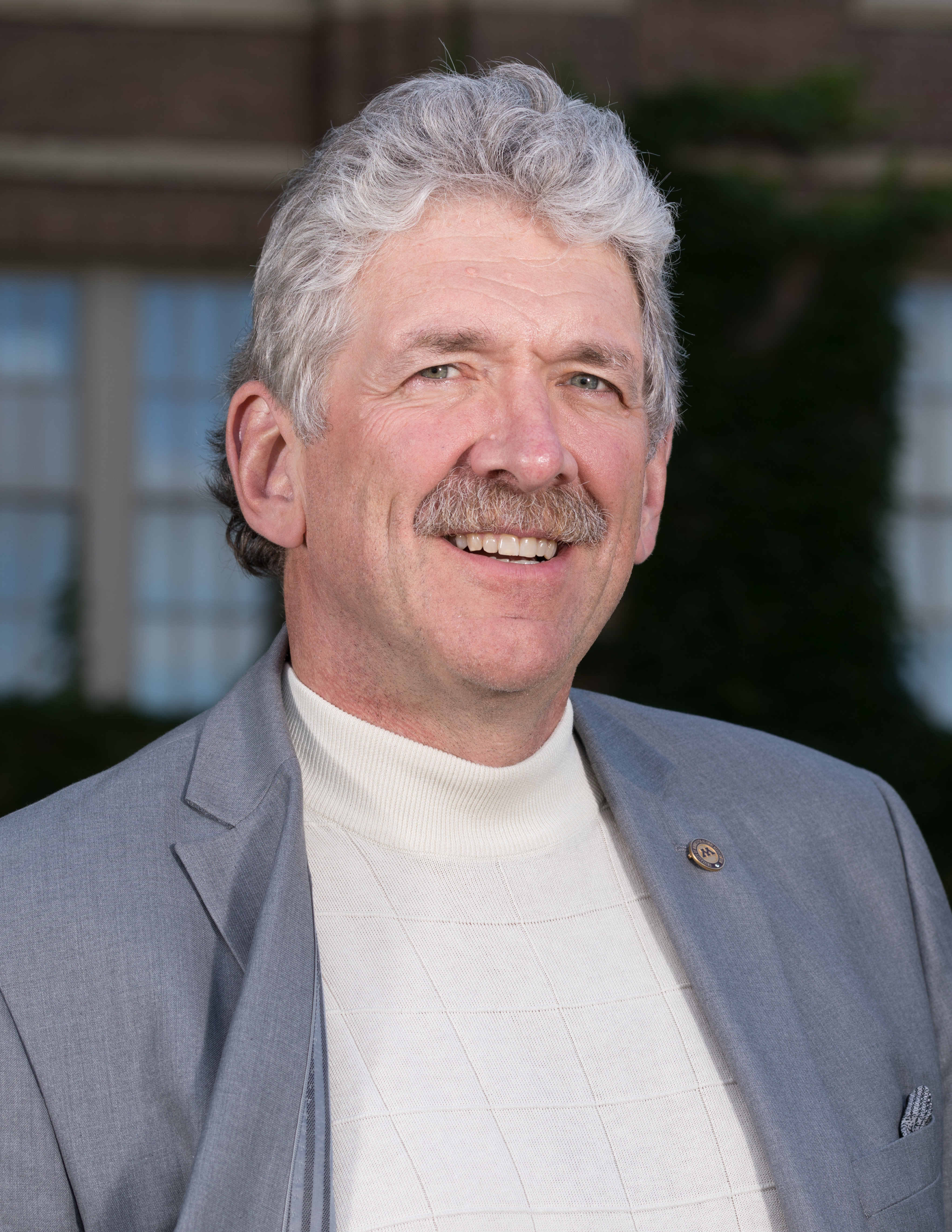Kip Thacker discovered a deep interest in microbiology as an undergraduate and used it as a springboard for a successful career in business.

When Kip Thacker (B.S. Microbiology, ’76; Ph.D. Microbiology, ’84) enrolled in the University of Minnesota in fall 1973, he had planned to take courses with the aim of attending medical school after graduation. A microbiology class in the vet school moved him in a different direction.
“I really enjoyed it,” Thacker said. He soon found a lab (Dr. Bernie Reilly and his colleague Dr. Dwight Anderson, both with appointments in the Dental School) to work in — a not-so-common experience for CBS undergraduates, at the time — and continued with that lab through graduate school.
Thacker, chief scientific officer and vice president of Lifecore Biomedical, joined the startup that would become Lifecore in 1981, while finishing his doctorate. Early on, the company’s objective was to find a way, using bacterial fermentation, to make hyaluronic acid (HA), a viscous polysaccharide used to protect the cornea during cataract surgery and with applications in orthopedic and aesthetic medicine.
In the early 1980s, HA was being extracted from rooster combs in Sweden. “Our idea was that it would be cheaper, more efficient and easier to scale up for other applications if you did it by bacterial fermentation,” he said. Thacker is co-inventor of the Lifecore HA fermentation and manufacturing process that does just that.
HA is still an important part of Lifecore, but the company expanded to supply aseptically filled syringes and vials for a variety of injectable drug products. “Our niche is to work with difficult to formulate and difficult to fill drug products,” he said. Thacker has seen the company grow to 375 employees and supply 80 percent of the HA used in cataract surgery in North America.
Raised in Roseau, Minn. (where he bucked the hockey trend in that area of the state and played basketball in high school), Thacker’s parents were school teachers who ran a resort near Detroit Lakes, Minn., during the summer. After years of hard work, the resort was sold just as Thacker entered his teen years.
“I was really bummed about it because living in a resort as a kid — that’s a great life: go swimming, go fishing, friends there all the time,” he said. But that disappointment dissipated when his father, an earth science teacher, took the family along on three years of summer school, compliments of the National Science Foundation. The Thackers spent a summer in Millersville, Pa., and two in Bellingham, Wash. “Dad would go to school during the week and on the weekends we would go out and explore the local area. When we were in Bellingham, we’d go out into the mountains and learn the geology he was learning in the classroom during the week,” Thacker said. “It was a great experience.”
Thacker, who lives in Greenwood, Minn., with his wife, Kevyn Riley, looks back fondly at his time at the U, including his first two years as a resident in Pioneer Hall where he built lifelong friendships. It was U alum Denny Dvergsten who encouraged him to get involved with his alma mater when he invited Thacker to help give presentations about biology to area high school students. Dvergsten received his master’s and doctorate in education at the U and was a distinguished science teacher in the Roseville, Minn., school district for many years.
Thacker heeded Dvergsten’s call: He was an active member of the Biological Sciences Alumni Society and served as its president, was a member of the University of Minnesota Alumni Association’s national board and is on the CBS Campaign Steering Committee. He also supports a number of CBS funds, including the Dean’s Strategic Initiative Fund and the Palmer Rogers Scholarship.
“It’s important to give back where I can and to support the institution that helped launch my career,” he said. “I got so much from the University in terms of my education, not only in the classrooms but in the laboratories. I was fortunate to grow up at a time when the state of Minnesota was spending a lot of money at the university and other institutions to educate people. The cost for me to go to school was relatively low. The money I’d saved as a kid and the money I’d earned during the summer could pay the tuition and room and board.”
That’s not true today, he said. – Kristal Leebrick